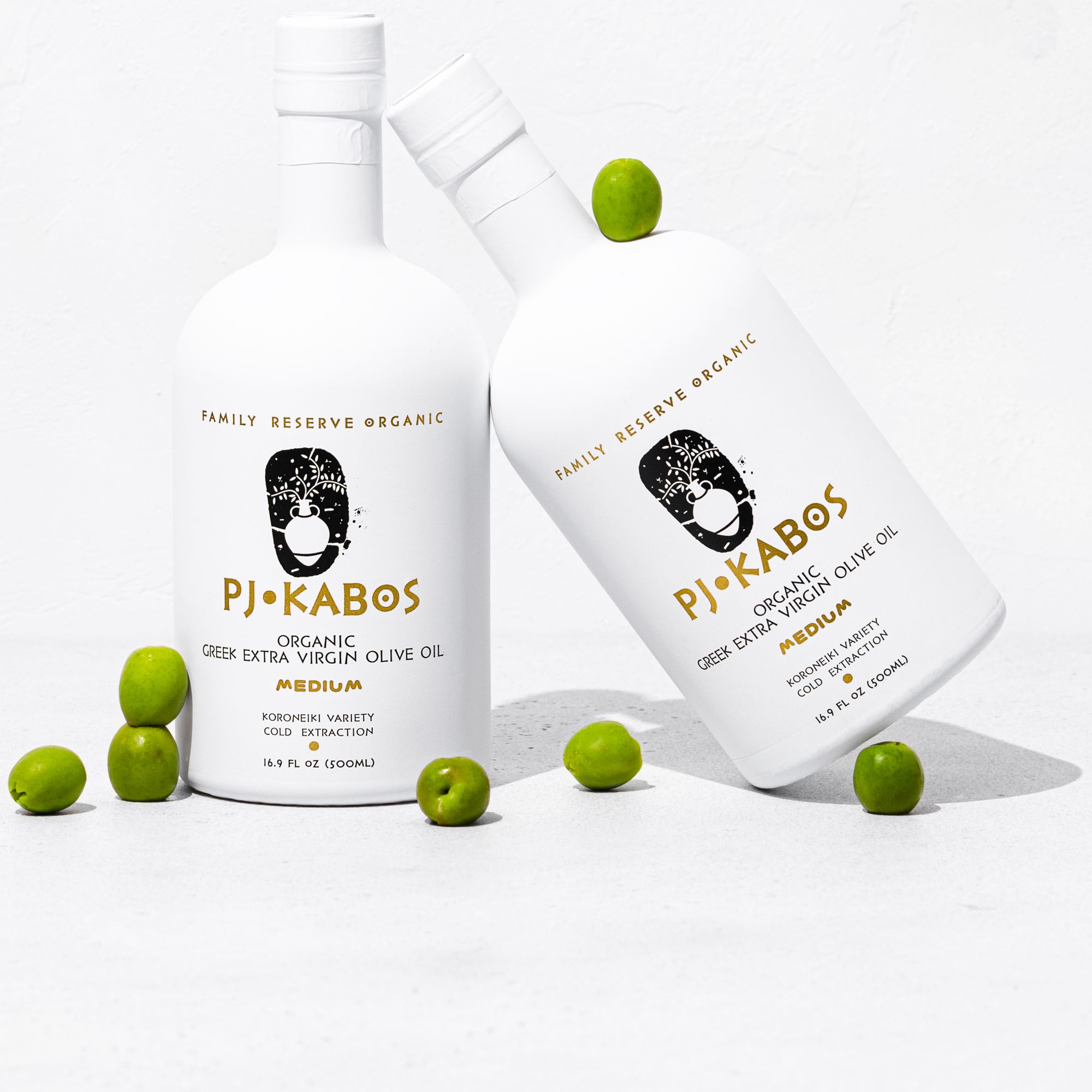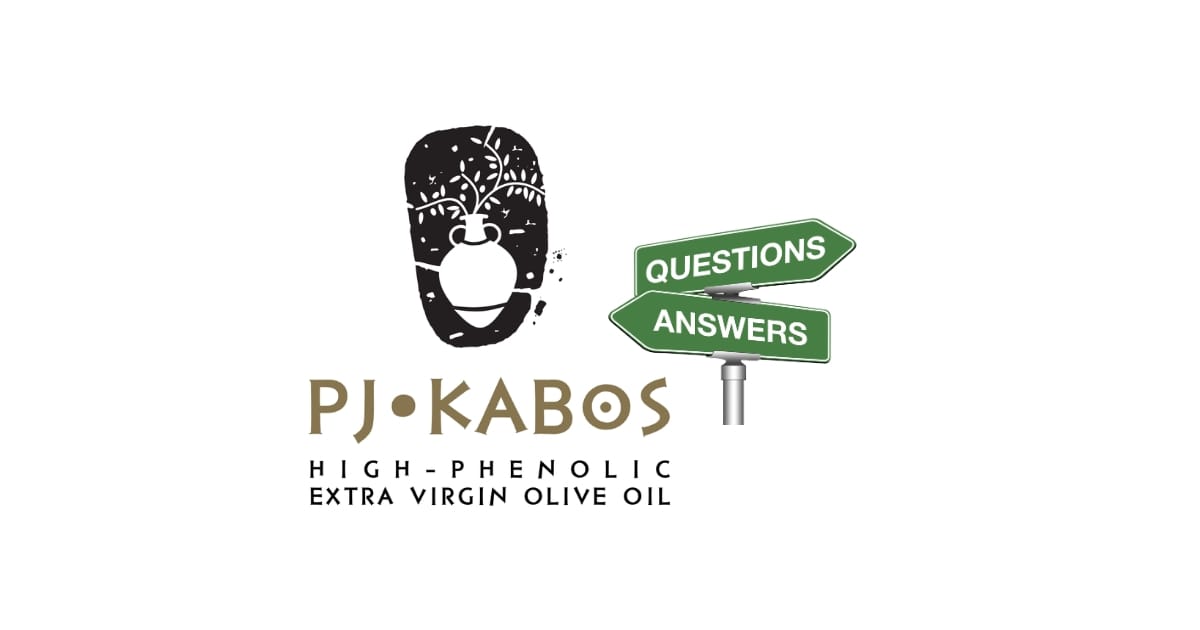Researchers are learning more and more about how COVID impacts the body, and what nutrients and foods can help prevent more serious symptoms or speed recovery
While much of the past year has been spent feeling a little bit helpless, thanks to a raging pandemic, we’re starting to see glimmers of hope. Not simply because people are being vaccinated, but because research is unearthing more and more ways we can support our bodies naturally to curb risk of various diseases and ailments, including COVID-19.
In addition to leading an active lifestyle, what you put on your plate appears to be one of the most powerful tools you have to reduce your risk of more serious COVID symptoms and speed recovery. This isn’t to say that everyone who eats a healthy diet will be free of complications, but the right foods, including olive oil, may boost your health defenses in a big way.
Why Food Matters When It Comes To Fighting COVID
We’re learning more every day about how COVID affects our various bodily systems. Not only does it impact the respiratory and immune systems, but it can also trigger widespread inflammation, negatively impact digestion, and damage our body’s vast network of blood vessels, which may then contribute to clots and impaired blood flow.
So where does food come in? The right foods and nutrients can help combat inflammation, support your immune system, and optimize your body so it's better equipped to handle the insult of a COVID infection and able to repair post-COVID damage.
For example, the health of your gut microbiome is heavily influenced by diet (it’s biodiversity is supported by things like probiotics, fiber, and polyphenols), and we’re learning that it may play a key role in managing COVID. In a study from January 2021, researchers found that people hospitalized with COVID-19 were more likely to have a disturbed gut microbiome—that is, they had lower levels of health-promoting gut bacteria like bifidobacteria and higher levels of harmful gut bacteria. These gut changes were associated with increased levels of inflammatory cytokines, which are known to drive COVID-19 symptoms and damage.
The study’s authors speculate that the health of someone’s gut microbiome may predict their COVID-19 severity, potentially because the gut helps regulate our immune and inflammatory responses. They also believe that gut imbalances (i.e. gut dysbiosis) that extend beyond the initial acute COVID infection may partially be responsible for persistent symptoms. So, taking proactive steps to boost your gut health now could help with initial symptoms and recovery.
This is just one example of how diet can play a huge role in your ability to get through COVID unscathed. Keep reading to learn about specific gut-friendly foods you can add to your diet, plus other foods and nutrients that may help bolster your body’s defenses against COVID.
7 Types Of Foods To Support Your Body Pre- & Post-COVID
In general, consuming a balanced, nutrient-dense diet such as the Mediterranean diet is supportive of overall health and may help address both short- and long-term issues associated with COVID-19, according to some experts. And if you’re feeling extra motivated, consider layering in the foods below:
1. Polyphenol-rich foods: olive oil, green tea, spices, colorful fruits and veggies
Plant compounds called polyphenols play a key role in gut health, immune health, vascular health, and combating inflammation—all of which can help in the fight against COVID-19.
Findings of a 2019 research review suggest that olive oil polyphenols ease gut inflammation and improve immunity. One study included in the review found that daily consumption of about 1.5 tablespoons of extra virgin olive oil increased populations of bifidobacteria (a type of healthy gut bacteria) as well microbial metabolites responsible for antioxidant activity. Additionally, a 2015 study found that extra virgin olive oil positively impacted the activity of T-cells, immune cells that play a key role in generating immunity against foreign invaders.
Other polyphenol-rich foods help, too. The polyphenols curcumin (found in the spice turmeric) and epigallocatechin gallate (found in green tea) can induce changes in cells that help regulate the immune response and reduce inflammation; and quercetin (found in foods like apples, red onions, and capers) and flavonols (found in dark chocolate) help protect and repair blood vessels, which can become damaged and inflamed due to COVID-19.
Aiming for a variety of colorful plant foods in your diet will ensure a good dose of polyphenols.
2. Fermented foods: yogurt, kefir, kimchi, sauerkraut
Fermented foods contain a range of live, active probiotic cultures that can help bolster your gut microbiome and support your body’s immune system (fun fact: around 70% of your body’s immune cells reside in the gut). A variety of factors—from a poor diet high in refined carbs and sugars to recent antibiotic use—can obliterate the healthy bacteria in your gut, but consuming a variety of fermented foods (or probiotic supplements) can help replenish these good gut bugs.
3. Fiber-rich foods: whole grains, legumes, vegetables, berries
Fiber is actually what the good bacteria in your gut microbiome eat. So, if you’re not getting enough fiber in your diet from sources like whole grains, legumes (beans, lentils, chickpeas, peas), vegetables, and even high-fiber fruits like berries, then your gut won’t have the tools it needs to exert its health-boosting benefits.
For example, when you consume fiber, your gut bacteria breaks it down and converts it into compounds known as short-chain fatty acids (SCFAs). These SCFAs, including one called butyrate, then exert potent anti-inflammatory benefits, which some experts believe may help curb the out-of-control inflammatory response triggered by COVID. Butyrate has also been shown to play a role in the production of immune T-cells.
4. Vitamin D-rich foods: Fatty fish and egg yolks
In a study from October 2020 looking at a group of 216 patients hospitalized with COVID-19, around 80% were found to be deficient in vitamin D—an essential micronutrient associated with improved immune health, lung health, and reduced risk of infections.
According to other recent research, hitting your daily vitamin D quota via foods like fatty fish and eggs, supplements, or a dose of sunshine may help protect you from COVID in several ways, including by activating processes that lower viral replication rate, reducing concentrations of pro-inflammatory cytokines that can damage the lining of the lungs and blood vessels, and increasing concentrations of protective anti-inflammatory cytokines.
Pro tip: If you like fish, opt for salmon, sardines, or mackerel, which also contain a hefty dose of highly anti-inflammatory omega-3 fats.
5. Vitamin C-rich foods: Citrus, bell peppers, broccoli, spinach, berries
Vitamin C has long been known to support healthy immune functioning. This essential micronutrient helps stimulate production of various immune cells and has antioxidant properties that help protect these cells from oxidative damage; and low levels of vitamin C have been shown to decrease resistance to infections. Your body also has a higher demand for vitamin C during periods of oxidative stress, which can occur with COVID-19. The good news: Many of the fruits and vegetables that contain hefty levels of polyphenols, also contain vitamin C.
6. Nitric oxide-producing foods: beets, garlic, spinach
COVID-19 can have a damaging effect on blood vessels and your overall vascular system, leading to widespread health problems and even organ damage. But some experts speculate that the better shape your vascular system is in before you get COVID, the less likely you are to experience some of this damage; and taking steps to boost vascular health post-COVID may help speed recovery and repair.
One great way to do this is engaging in activities and consuming foods that improve blood flow, or circulation. Some of the best foods for this are those that trigger your body’s production of nitric oxide—a molecule that widens blood vessels and improves blood flow, and thus helps prevent damage to blood vessel walls—such as beets, garlic, and even dark chocolate.
7. Zinc-rich foods: Nuts, seeds, oysters, beans, beef
Zinc is a mineral that’s gotten a lot of attention lately due to the crucial role it plays in immune functioning. Similar to vitamin C, zinc helps stimulate the production of immune cells and has antioxidant properties that protect immune cells from oxidative damage. Low levels of zinc—which are relatively common—have been associated with increased risk of viral, bacterial, and fungal infections. Currently, over a dozen clinical trials are underway to study the effectiveness of zinc as a prophylactic or adjunct therapy for COVID-19. Foods that are particularly high in zinc include oysters, beef, beans, cashews, and pumpkin seeds.
Product placement
PJ KABOS 'Family Reserve Organic - Medium'
High Phenolic and 2022 Gold-Award Winner.
Declared as 'One of the World's Best Olive Oils'.
Click here to shop.





